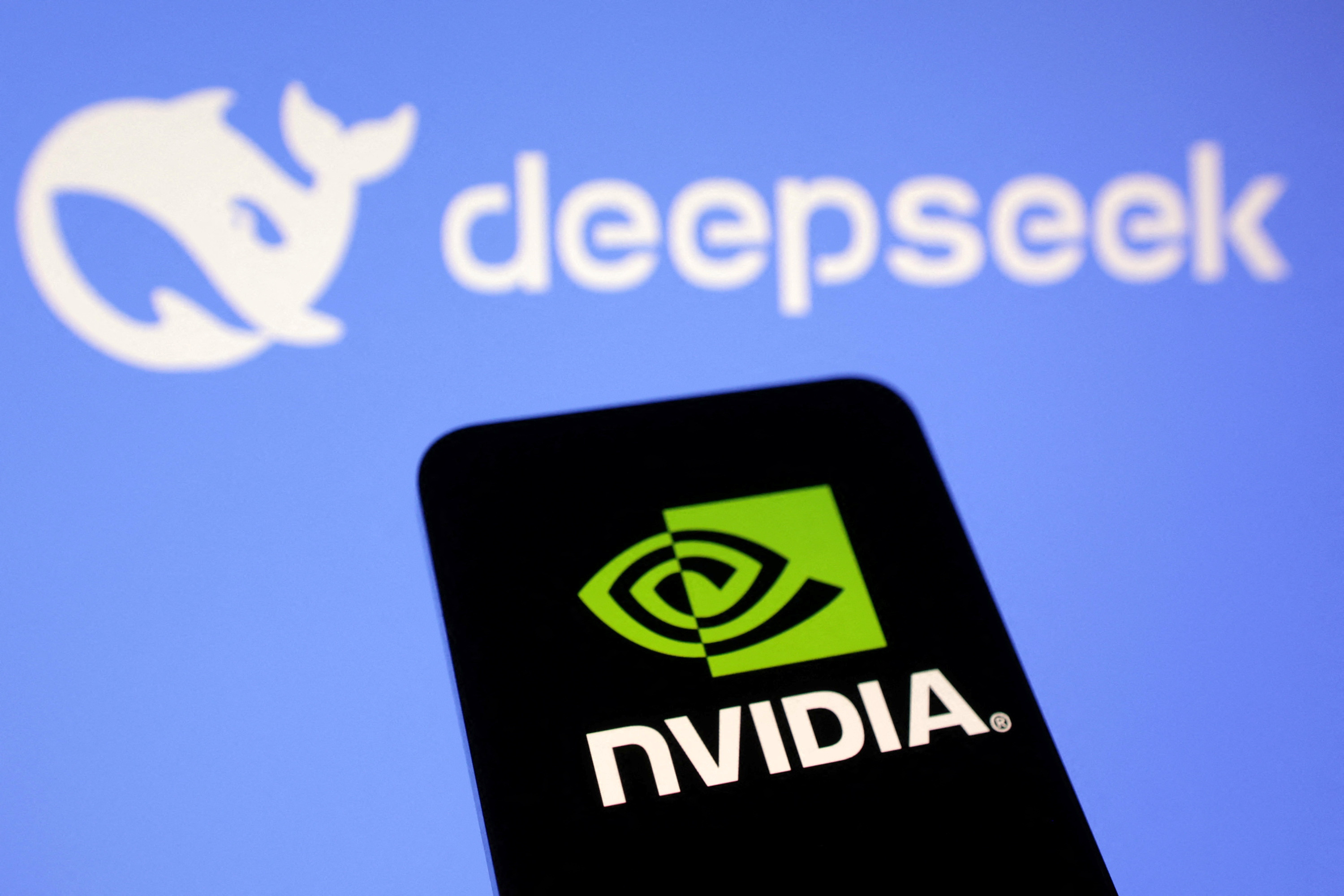The Nvidia Dilemma: Interpreting Insider Sales Amid Unprecedented Growth Projections

SANTA CLARA, Calif. — A series of executive stock sales at Nvidia, totaling over $1 billion and drawing sharp focus from financial media, has ignited a complex debate over the chipmaker's long-term trajectory, pitting concerns of insider confidence against a backdrop of record-breaking market valuations and new strategic ventures in sovereign AI.
While the scale of the sales has prompted headlines, a deeper analysis reveals a multi-layered story of corporate strategy, market dynamics, and the unprecedented challenge of managing wealth in a company that has seen its value surge by trillions.
Decoding Executive Stock Sales
The central point of contention revolves around the recent stock disposals by Nvidia executives, including CEO Jensen Huang. Major financial news outlets, notably CNBC, have characterized these transactions with terms like 'dump', framing them as a potential signal of waning internal belief in the company's future prospects. This narrative suggests that those with the most insight are cashing out, potentially alarming both retail and institutional investors.
However, corporate governance analysts and a review of public filings present a more nuanced picture. The vast majority of these sales were conducted under pre-scheduled SEC Rule 10b5-1 trading plans. These plans allow company insiders to sell a predetermined number of shares at a predetermined time, providing an affirmative defense against accusations of trading on non-public information. According to market analysts specializing in executive compensation, such plans are a standard and widely used tool for high-level executives to diversify their personal holdings, particularly after a period of extreme stock appreciation.
"For executives whose compensation is heavily weighted in company stock, periodic, planned diversification is not just common; it's considered prudent financial management," noted a senior analyst at a wealth management firm that advises tech executives. In response to the 'dump' narrative, other market observers have pointed out that the shares sold represent a very small fraction of the executives' total holdings. They argue that focusing on the dollar value, while large in absolute terms, is misleading without the context of the executives' remaining, far larger, stake in the company. These pre-set plans, established months in advance, also challenge the idea of a panicked reaction to current market conditions.
The Competitive Horizon and the 'Sovereign AI' Pivot
Compounding the scrutiny over stock sales is a persistent media narrative questioning Nvidia's long-term market dominance. Outlets from Yahoo Finance to the Times of India have increasingly published stories asking, 'who will be the next Nvidia?' These reports highlight the significant investments by competitors like Meta Platforms in developing their own AI chips, as well as the ambitious goals of entities like SoftBank's Masayoshi Son, who reportedly seeks to challenge the AI hardware space. The narrative aims to erode the perception of Nvidia's moat as unbreachable.
In response, Nvidia appears to be executing a strategy that broadens its foundation beyond its traditional Big Tech customer base. The company is aggressively promoting the concept of 'Sovereign AI'—the development of national AI infrastructure independent of foreign technology providers. Tech industry media has positioned this as Nvidia's 'next trillion-dollar opportunity,' a move that directly mitigates reliance on the very tech giants now framed as its primary competitors.
This strategy was given concrete form with the recent announcement of a new AI Cloud partnership in Germany with provider ITONIS. This initiative is designed to provide regional businesses and government agencies with access to Nvidia's supercomputing infrastructure, anchoring Nvidia's technology within a nation's core economic and security framework. An industry strategist commented that this pivot is a direct counter-play to competition. "By enabling entire countries to become AI powerhouses, Nvidia is creating a new, vast, and loyal customer class that is less likely to be swayed by the in-house chip efforts of a few large corporations," the strategist said. This view posits that as the AI 'pie' grows exponentially, Nvidia is not just defending its slice but fundamentally changing the recipe.
Wall Street Confidence and Consumer Momentum
Despite the cautionary tales, sentiment on Wall Street remains overwhelmingly bullish. In a powerful counter-narrative to internal doubt, prominent investment banks have continued to raise their price targets, with some analysts now projecting a potential future valuation of $6 trillion. This wave of analyst confidence provides a potent dose of market assurance, suggesting that financial models predict sustained, long-term growth that overshadows the concerns raised by insider sales.
This bullishness is underpinned by momentum in Nvidia's consumer-facing business. A continuous stream of positive leaks regarding the company's upcoming RTX 50 SUPER series graphics cards has stoked significant consumer hype. Reports have focused on a massive increase in VRAM (video random-access memory), a feature that directly addresses and rectifies a key criticism leveled against its previous product generation. Technology reviewers have noted that this move shows Nvidia is both listening to its core gaming and creative professional communities and is determined to maintain its technological edge, reinforcing its dominance across multiple market segments.
As the debate continues, both sides remain entrenched. The ultimate trajectory will likely depend on whether investors focus on the optics of executive sales and emerging competition, or on the tangible evidence of strategic diversification, overwhelming institutional confidence, and relentless technological innovation that defines Nvidia's current chapter.

